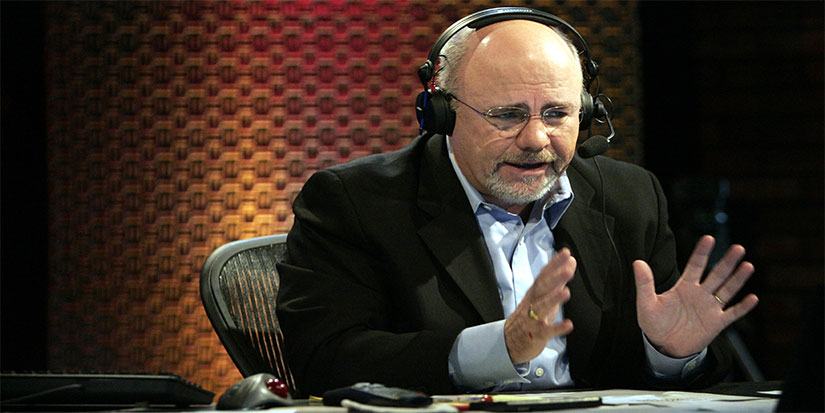
Advancing Your Career: MBA vs. CFA
When some people want to advance their careers, they get an MBA. That’s what I did—I graduated in 2001 with my MBA from the University of San Francisco. That was a good decision. It has proved valuable, and I learned a lot.
Other people go the Chartered Financial Analyst (CFA) Program route. In the financial industry, the CFA Program is a process of three exams. After you pass the exams, you get to put the CFA designation after your name.
It’s important to note that the CFA Program is self-directed. You have some books, and you teach yourself.
Better Ways to Spend Your Time
The CFA Program consists of three exams—Level 1, Level II, and Level III—and these are hard exams. Since 2014, the pass rates are:
-
22%–49% for Level I, with a 10-year average of 39%.
-
29%–55% for Level II, with a 10-year average of 45%.
-
39%–56% for Level III, with a 10-year average of 50%.
To prepare for each exam, the CFA Institute notes, “On average, candidates report investing over 300 hours of study in advance of successfully passing each level,” with prep for each level beginning at least six months in advance.
So, if you’re signing up for this, you’re signing up for a multiyear process. I wrote an article about this in Bloomberg in 2021, which you can read here if you’re a subscriber. If not, I’ll sum it up: The time it takes to study and pass all three levels would be better spent on just about anything else.
I don’t see the benefit relative to the cost. Again, the CFA Program is self-directed. It’s just you and some textbooks, you’re teaching yourself, and you’re not really studying to learn the material. You’re studying to pass an exam. You have to memorize all these formulas and facts, you take the exams, and as soon as you take them, you dump the material and never use it again. That is my main objection to the CFA Program.
|
TAKE MY COURSE: The No Worries Course. Following the publication of my book, "No Worries: How to Live a Stress-Free Financial Life," numerous individuals expressed interest in delving deeper, accelerating their learning, and exploring additional strategies to manage their finances effectively. Thus, I present to you... The No Worries Course. (<< Tap here to secure a spot in the class) |
The MBA Is a Different Story
I still use the stuff I learned in my MBA program to this day. Plus, if you go to a good school, you have access to the career center, and they try to place everybody with jobs. You also gain a network of people who work all over the country, which is valuable.
One downside: MBA programs are really expensive. A two-year program can cost you $80K or more. You’ll also have student loans. But if you get a great job, it’s not that big of a deal.
People think that tacking CFA at the end of their name will help them get a job. Nowadays, though, there are so many people with CFAs, and those resumes do not automatically go to the top of the pile.
Now, if you decide to pursue an MBA, you need to distinguish between good programs and bad ones. A lot of schools have MBA programs, and many are diploma mills. I highly recommend that you do not go to a second- or third-tier MBA program because you’re going to spend all this money to get a degree that’s not really going to help.
An MBA can help you get hired, for sure, but it really depends on where you get your degree from.

Jared Dillian, MFA
|

The Virtues It Takes to Make Money
Money is not the root of all evil, and the love of money is not evil. Money is good, and it’s because of the virtues that it takes to make it.

How Do You Feel About Money?
One of the common misconceptions about money is that you need a lot of it to be happy. But if your basic needs are met and you don’t have any debt or risk, you can live paycheck to paycheck and be perfectly content.

A Matter of Perspective
Things are pretty good right now. But I think most experienced market practitioners know that pain could be just around the corner.

Dave Ramsey and the One-Size-Fits-All Solution
Usually, when I rank on Dave Ramsey, I get back the following: “Well, he has helped a lot of people, hasn’t he?”

Life Is Too Short to Stay in Cheap Hotels
I was in Boston last week, and usually I stay in the Seaport—the high-rent district.